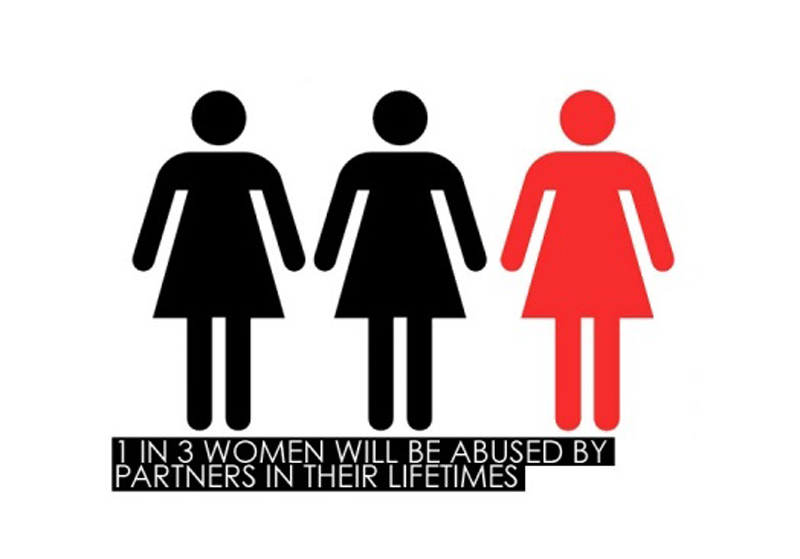Close your eyes and think of violence against women. What comes to your mind? Did any scenario you thought about involve an intimate partner, such as a husband or a lover? The chances of your answer to this question being a no are high. Sadly however, one of the most common forms of violence against women is that performed by a husband or intimate male partner. In fact, in 2013, WHO reported that the incidence of women who had experienced physical and/or sexual abuse from an intimate partner in their lifetime was globally 30% and within the region of South and South East Asia 37.7%. The consequences of this kind of aggression for the health of women can be as severe as depression, reproductive complications, chronic pain syndromes etc. All these numbers and insights make it clear that intimate partner violence demands to be taken seriously.
On Thursday 28 and Friday 29 May 2015 Amitabh Kumar (Head of Media and Communications of CSR) took part in an international conference on Partner Violence in Hamburg (Germany), organized by StoP (Stadsteile ohne Partnergewalt). The main objective of the conference was to bring together organisations working to end violence against women and discuss their practices.
The first day of the conference started off with a session with Dr. Sylvia Berke (German Ministry of Family, Senior Citizens, Women and Youth), Senator Detlef Scheele (Hamburg Ministry of Labour, Family, Social Affairs and Integration), Dr. Jaqueline Otten (President of Hamburg University of Applied Science), Dr. Matthias Pape (Dean of the Economics and Social Affairs Faculty of Hamburg University of Applied Science) and Prof. Dr. Sabine Stövesand (Founder Project “STOP”).
After this Rosa Logar (expert in the Council of Europe Task Force to Combat Violence Against Women) gave an overview of the initiatives by feminist network “Women Against Violence Europe”. StoP representatives Sabine Stövesand, Tanja Chawla, Simone Bock and Züleyha Celebi did the same for their organization. They explained that StoP has adopted the approach of “community mainstreaming” of the issue of intimate partner violence. This means that their focus lies largely on local neighbourhoods and informal social networks as important resources to reduce intimate partner violence. For StoP, local communities matter. They bring neighbours together, encourage people to speak out and take action, support victims and pay attention to possible escalations.
While presenting, Amitabh Kumar highlighted the methodology of CSR’s Crisis Intervention Centres. He stressed upon the fact that CSR’s fight against gender-based violence involves not only direct assistance to individuals (such as free psychological counselling, skill training, medical treatment and legal advice), but also sensitization and mobilisation of entire communities. With this, men and boys are directly involved in the movement to end violence as CSR believes that fighting for gender justice is a responsibility of all. Next to this, CSR networks with local
NGOs, community-based organisations and service providers to make the assistance to women and girls as efficient as possible. On the second day of the conference, Aimee Thompson (Close to Home of Boston, United States), Cristy
Trewartha (Hearth Movement, Wellington, New Zealand), Lori Michau (Raising Voices, Kampala, Uganda) made similar pleas for community based approaches to prevent and to act on intimate partner violence.
“It was an inspiring experience to have a dialogue with such amazing leaders of the movement from across the globe. Look forward to implementing the learnings in India,” said Amitabh Kumar.
We are glad to see that more and more people are coming together to talk about the issue of intimate partner violence and are highly motivated to support each other’s initiatives. As the conference illustrated, it can no longer be ignored or treated as a “private matter”. Violence against women concerns everyone, regardless of who the perpetrator is.






